Ask any astronomer if they believe in the ancient practice of astrology and the answer will likely be a resounding no.
And yet the science of astronomy had its origins in this astrological belief system, which goes back a long way.
But today, what is the difference between astronomy and astrology, and how do astronomers really view astrology?
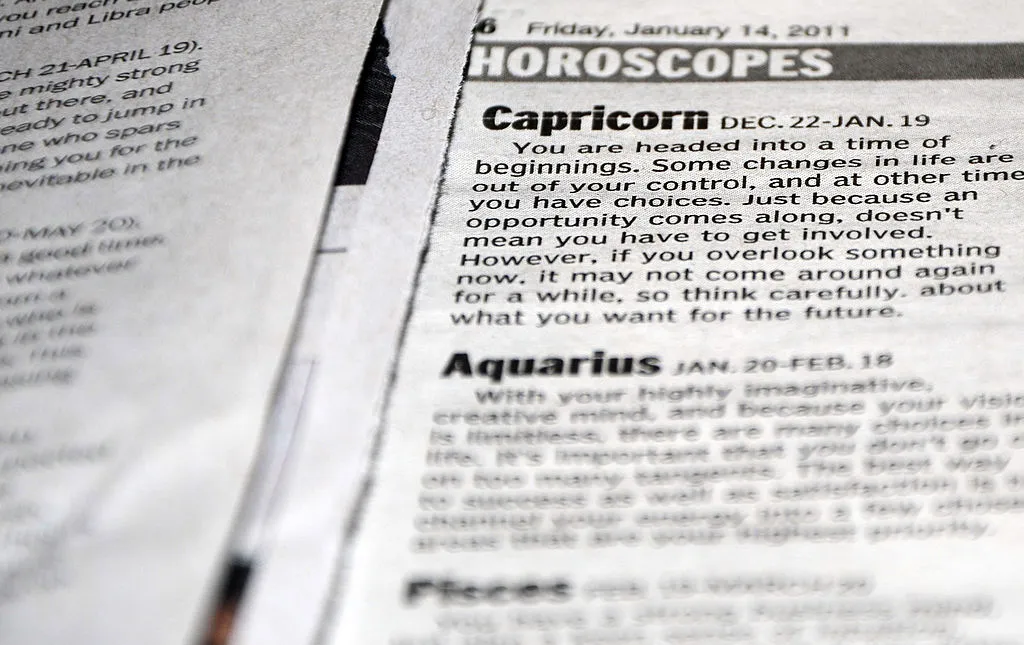
Astrology in early history
Early civilisations regarded the stars and planets as evidence of supernatural powers that could magically affect their lives.
From the writings of Babylonian priests, we know that they would ‘interpret’ various astronomical events as omens.
Using their ‘principles of analogy’ or ‘laws of correspondence’, the Babylonian priests would claim to foretell the future state of affairs of their kings based on the positions of celestial bodies.
For example, a red-coloured Mars was a sign of blood and imminent war; a stellar constellation resembling two fish referred to water.
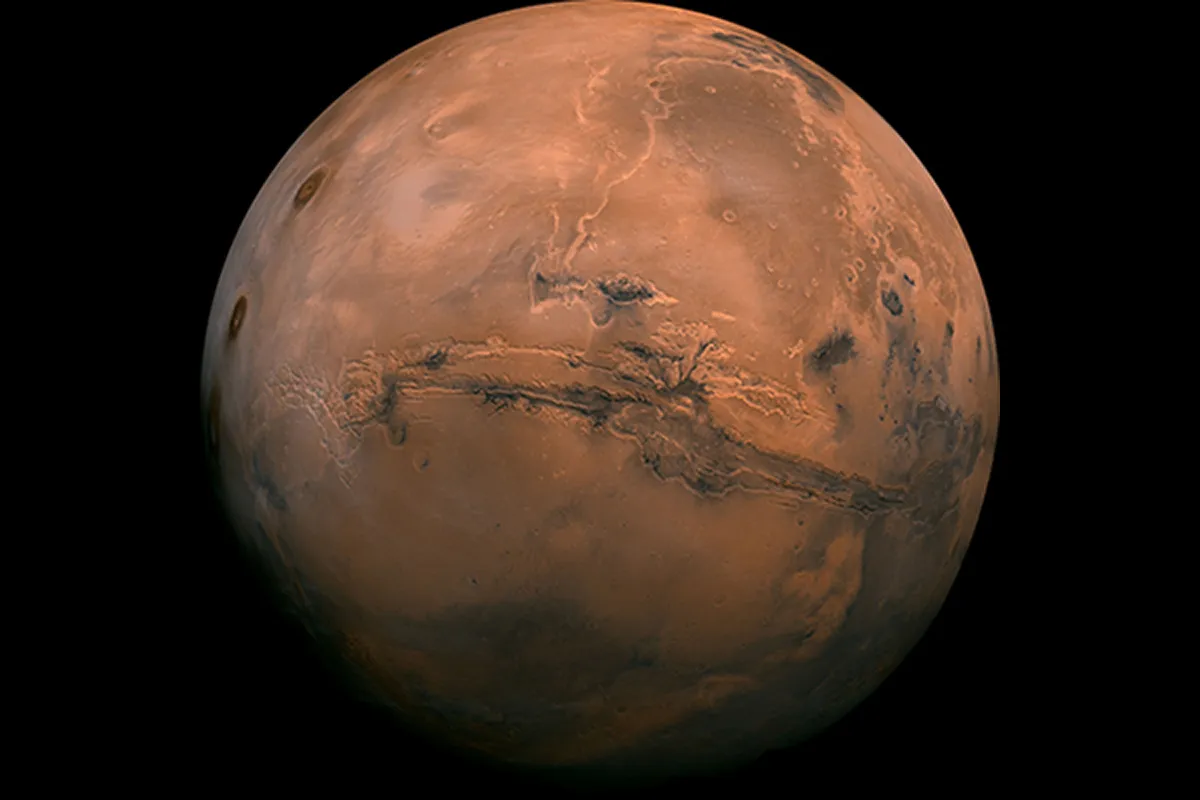
By the time of the Egyptian empire, the messages in the heavens weren’t just for the rich and powerful – the stars and planets now held advice for everyone.
Egyptian astrologers would provide horoscopes founded on the belief that the instant of one’s birth established one’s character and disposition.
With such an increased customer base and the new personal connection to the heavens and the gods, which was previously only for the elite, it’s easy to see why astrology and the production of horoscopes flourished.

The ancient Egyptians also believed that their Sun god Ra was swallowed every night by the sky goddess Nut, then reborn the following day.
Night fell when Nut returned to, and embraced, the Earth god Geb, her star-studded body creating a canopy over the Earth.
Storms during the day were thought to occur when Nut came close to Geb, and Geb’s laughter was thought to be the origin of earthquakes.
The ancient Greeks further developed the system of correspondences that linked people with the heavens.
It was Aristotle’s endeavour to mathematically describe this magical world view that led to what we know today as astrology.
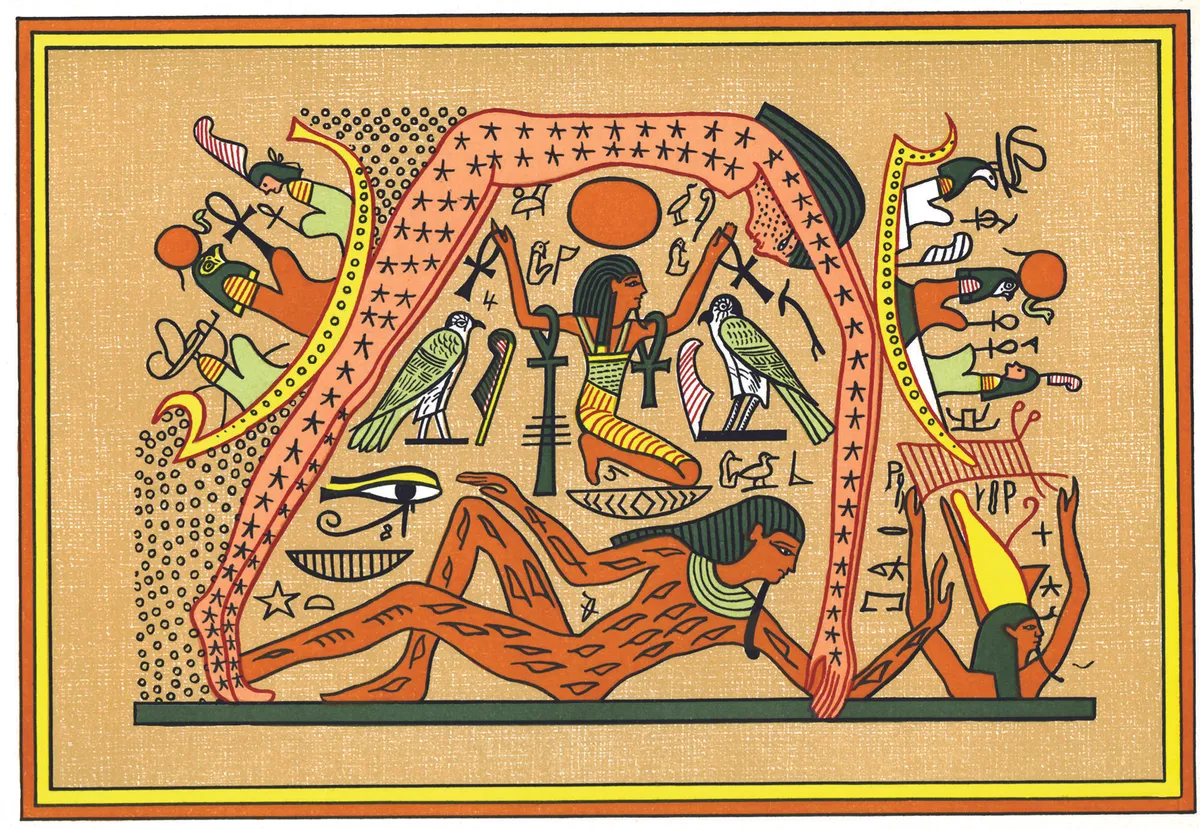
Greeks and Romans
The Greeks meshed the Egyptian system of attaching significance to the angular distance separating the Moon and planets from the Sun with the Babylonian zodiac.
The zodiac shows which constellation the Sun, and thus the powerful Sun god, appears to reside in. It also dictates one’s ‘star sign’.
The Greeks believed that the relative proximity of the Sun god to the other ‘gods’ (planets) at the time of one’s birth influenced one’s personality.
Similarly, the association of the Sun god with a particular constellation determined our character.
Further modifications came from the Romans, notably Ptolemy in the second century AD, perhaps best known for mistakenly believing Earth was the centre of the Solar System.
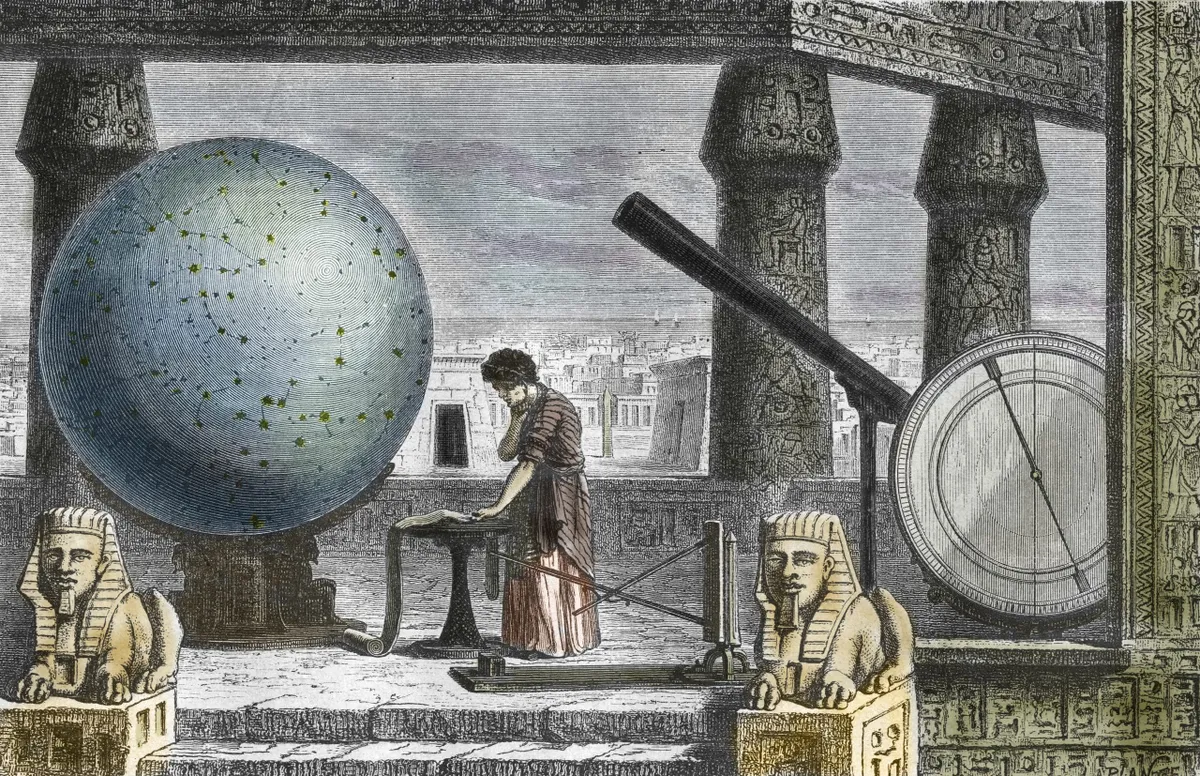
As astrology developed, each star sign came to have a fictional creature or figure associated with it, whose form was traced out by the brightest stars of a constellation.
Those born under the water sign Pisces are supposed to possess a love of the sea and have numerous skills connected with water and rivers, the flowing nature of which is claimed to make Pisceans adaptable to changing situations.
They are also said to have a certain degree of dualism due to the presence of two fish in this constellation and are thus compassionate to others’ points of view.
To give other examples of how these so-called laws of correspondence work, those born under the sign of Leo are said to be proud, forceful leaders.
Those born under Aries are allegedly headstrong and impulsive.
Geminis have split personalities, are social and good communicators.
Taureans have a plodding, patient, stubborn nature.
Scorpios are self protective.
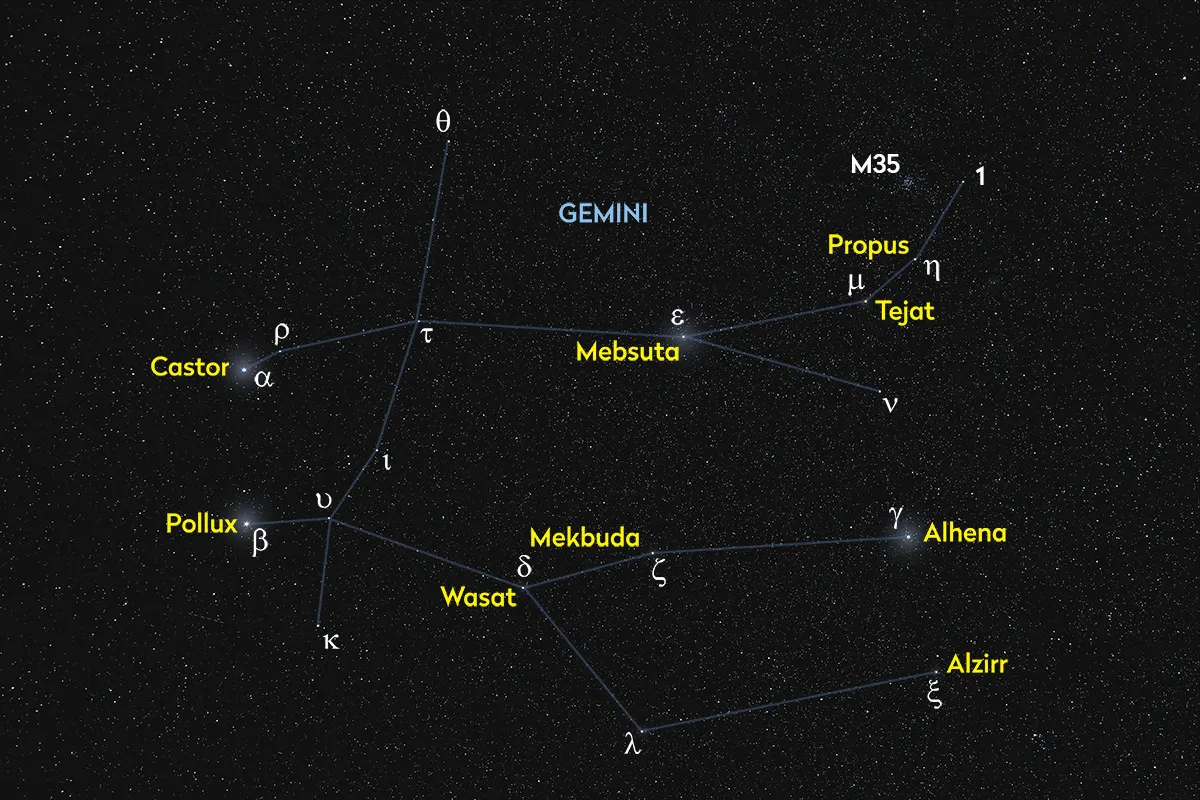
Astronomy separates from astrology
Astronomy and astrology used to be intertwined: Galileo (1564-1642) and Johannes Kepler (1571-1630) were expert astrologers.
But as the forces of nature and the distances to the stars and planets were better understood, astrology shifted into the realms of pseudo-science.
Today we know that there is no significant interaction between the Sun and the stars that define the constellations – the distances involved are simply too vast.
Moreover, even the stars of the constellations themselves often have no physical association with each other, only appearing to do so when viewed from Earth.
So the constellation Pisces, once connected with the Babylonian goddesses Anunitum and Simmah, the Syrian goddess Ashtarte, and the Greek goddess Aphrodite and her son Eros, is simply a scattering of self-gravitating nuclear fusion reactors – stars – spread across the Milky Way.
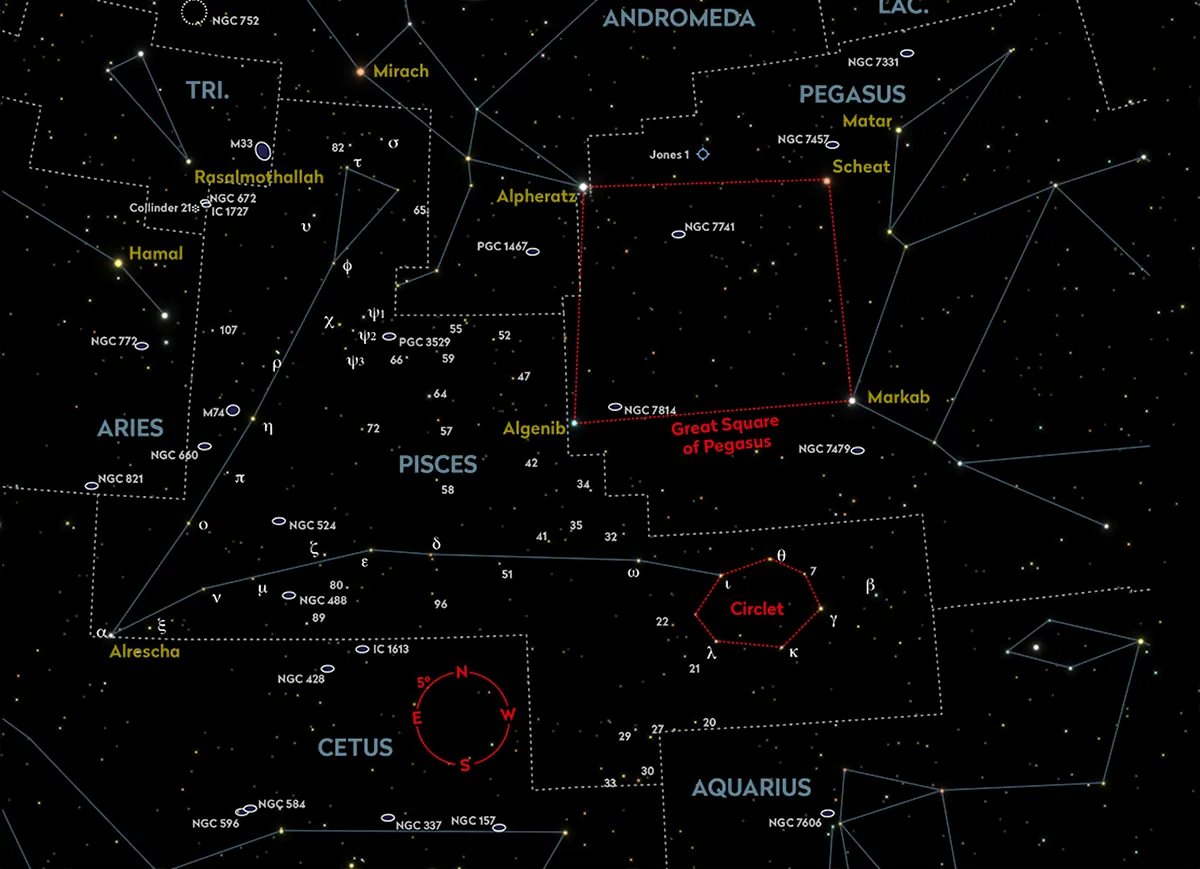
Could the stars and planets really affect human life?
Are there any known forces exerted by the stars and planets that might affect us?
Gravity and electromagnetism are the only possible candidates, yet they are so weak as to be negligible.
At the time of our birth, the obstetrician exerts a greater gravitational force on us than the planets and constellations, and a fridge magnet has a stronger electromagnetic influence.
Moreover, variations in solar flares result in the Sun’s magnetic influence on Earth changing randomly from day to day, and at a level greater than that coming from the planets and stars.
And the lights of a hospital operating theatre, or even local TV and radio stations, produce more radiation than that which arrives from space.
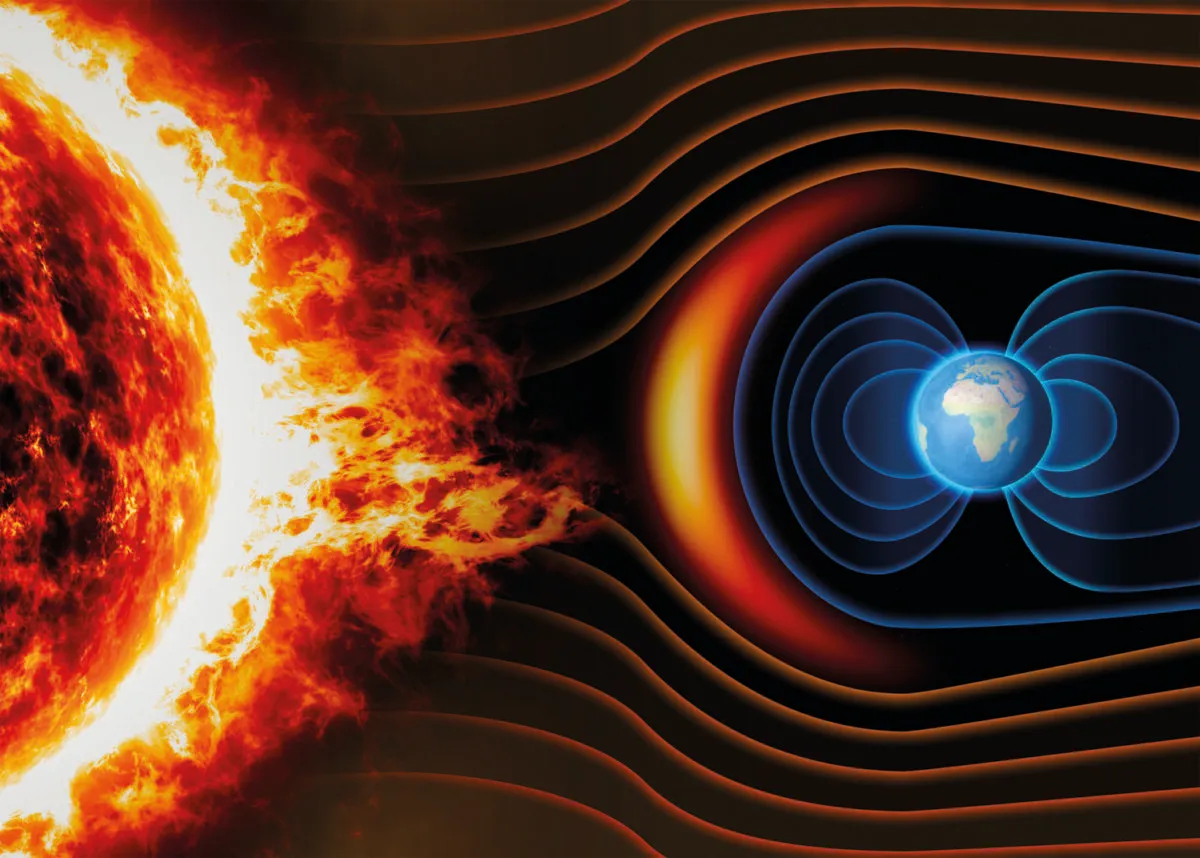
It therefore comes as little surprise, especially given that traits are supposedly based on those of mythological creatures in the heavens, that modern statistical studies using large numbers of people have shown no evidence that constellations or planets provide any insight into individual personalities.
Marriage and divorce rates show no correlation with allegedly compatible and incompatible ‘signs’.
Scientists of every sign exist in equal numbers, as do entertainers and military personnel; there is no tendency for any of them to be of a particular star sign.
Astrology under the scientific method
In 2003, Australian scientist and former astrologer Geoffrey Dean, and Ivan Kelly, a psychologist at the University of Saskatchewan in Canada, presented a study of over 2,000 ‘time twins’ born in London.
People born at the same time should, according to astrology, have very similar personalities.
However, the study found no evidence of any more similarities between ‘time twins’ than between any randomly selected pair of people.
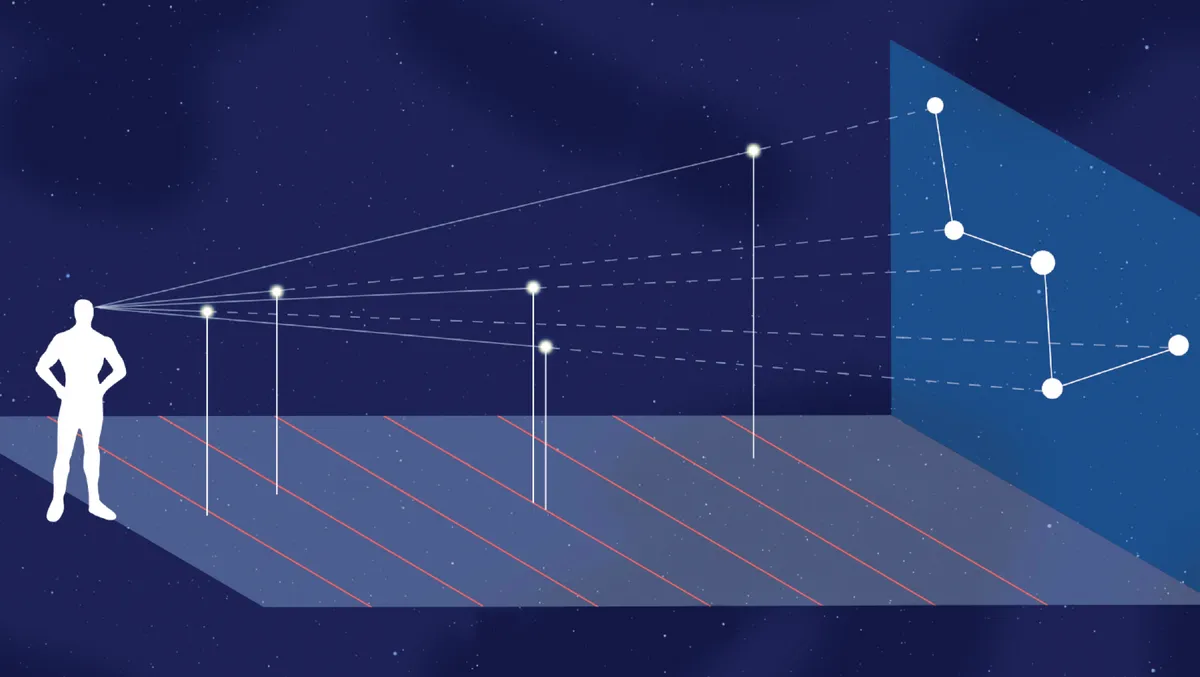
In another study, Dean asked 22 people to rate the accuracy of their astrological readings, but switched the phrases in half of these with their exact opposite meaning.
Those who received the reversed readings rated them just as highly as those who received the unmodified horoscopes.
And in 2007 David Voas examined the birth dates of 10 million married couples in England and Wales.
If people of a certain zodiac sign are indeed particularly compatible, then one would have expected to see this reflected in the star sign of their partner – yet the results revealed no such pairing.
So is there a plausible explanation for belief in horoscopes? One might be that, in general, they are often vague.
This might explain how they succeed in making some people believers: when readings give specific predictions, subjects tend to forget those that didn’t come true, but concentrate on those which seem accurate.

Astrology's lasting legacy
Vast numbers of individuals and businesses base important professional and personal decisions on advice received from astrologers and daily horoscopes, which claim to help us find solutions.
Who to date? Who to employ? Spend or save?
In 1966 the number of births in Japan fell by over 25% as couples avoided giving birth in the year of the ‘Fire Horse’, which comes around every 60 years and is said to result in daughters with such monstrous egos and lack of family loyalty that they bring bad luck to the father and future husband.
It was heavily publicised in 1988 that former US President Ronald Reagan would plan his schedule around the writings of Joan Quigley, a San Francisco astrologer.
More recently, the US National Science Foundation (NSF) Science and Engineering Indicators study from 2014 reported that a whopping 45% of Americans think that astrology is either ‘somewhat’ or ‘very’ scientific.
It’s a similar story in India, where many people, including top politicians, are reported to still consult with astrologers, in particular for the optimal timing of key private and public events.
In contrast, the NSF report noted that only 8% of Chinese people believe in horoscopes.
Astrology’s enduring appeal, despite its lack of any scientific foundation, says more about human psychology than it does about the power of the stars.
This article originally appeared in the December 2014 issue of BBC Sky at Night Magazine.
